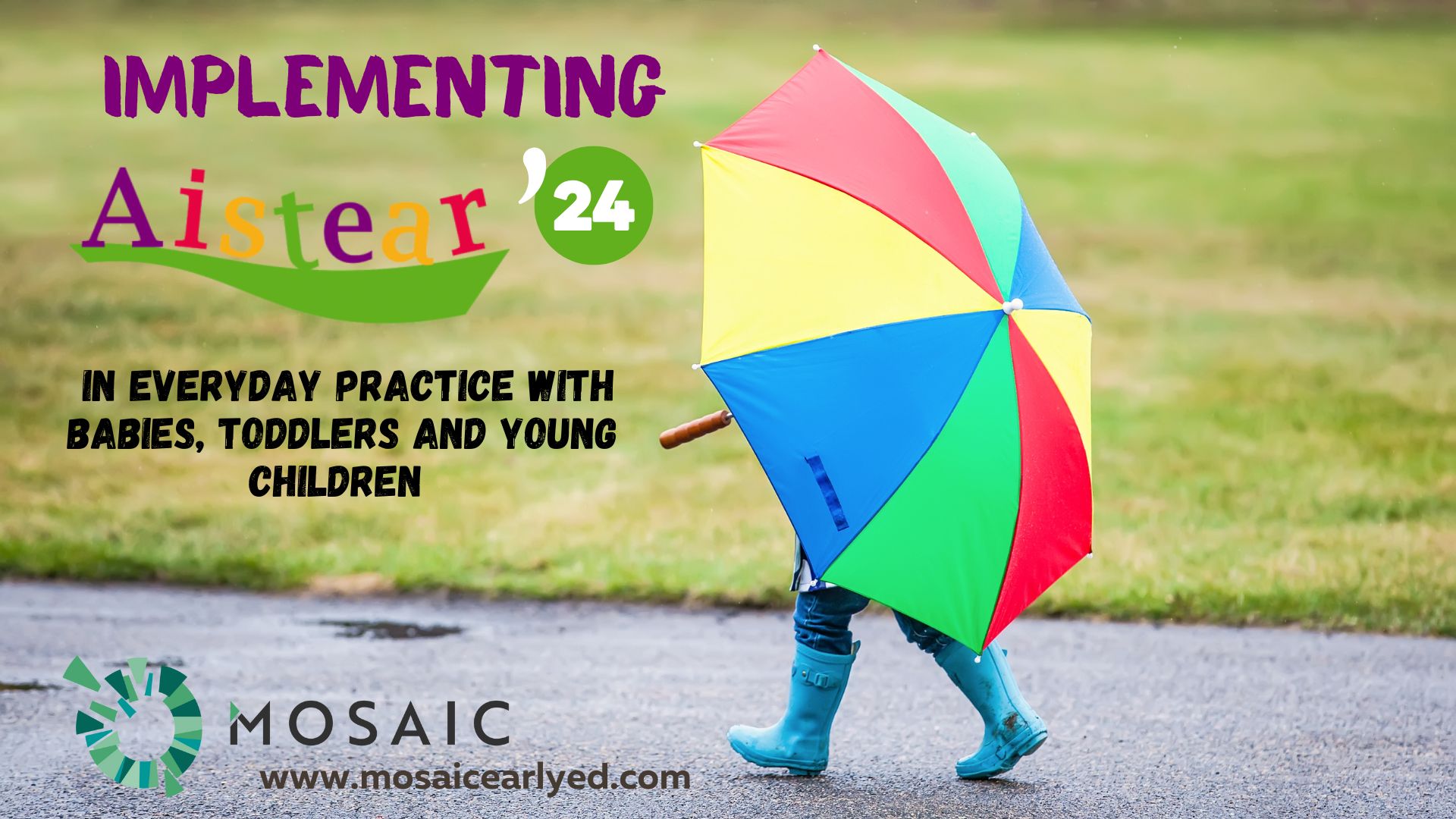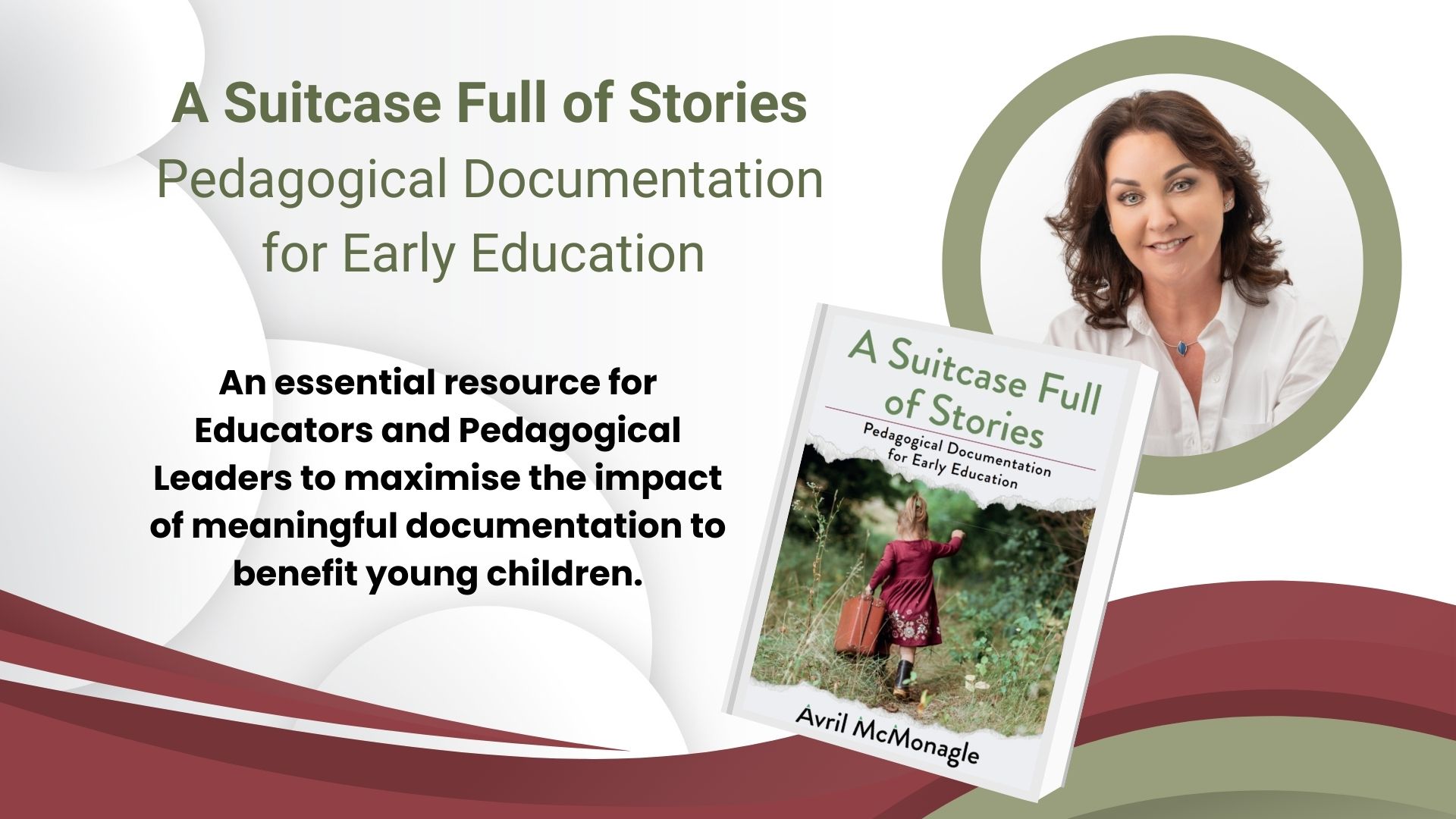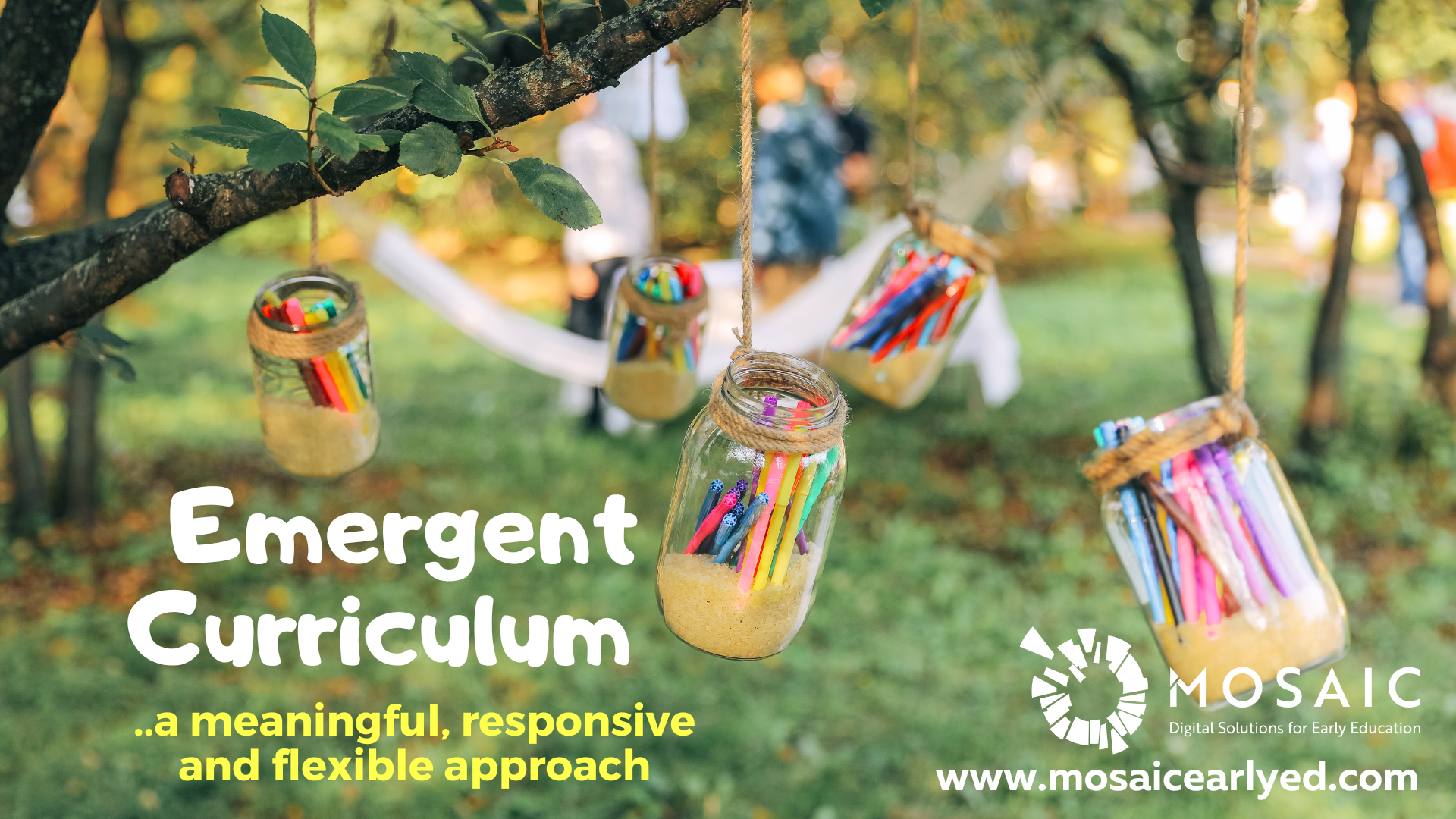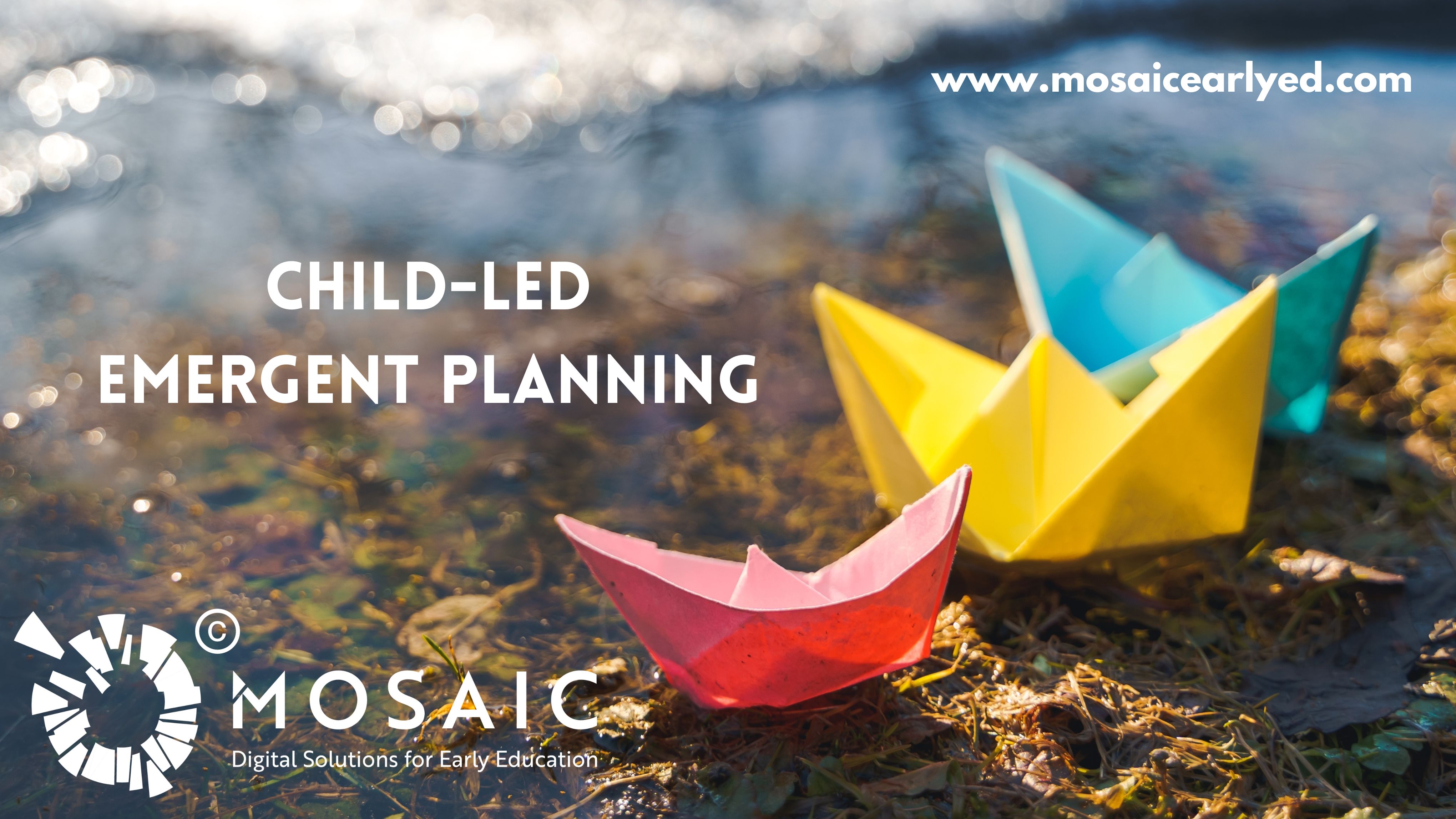'Implementing Aistear 2024'
Programme Introduction
Implementing Aistear 2024
Aistear: the Early Childhood Curriculum Framework was first published by the National Council for Curriculum and Assessment (NCCA) in 2009. Aistear was the first curriculum framework for early childhood education in Ireland. It celebrates early childhood as a time of being, a time for enjoying and learning from experiences as they unfold, and laying important foundations for later learning and for life.
This programme 'Implementing Aistear 2024 in everyday practice with babies, toddlers and young children' consists of 6 components which can be undertaken in phases or all at once:
Component 1: The Aistear curriculum framework structure and components
Component 2: Guidance for good practice
Component 3: The Agentic Educator
Component 4: Aistear based emergent learning for babies and toddlers
Component 5: Aistear based emergent learning for young children
Component 6: MOSAIC supports and resources for Aistear implementation
IMPORTANT: A follow up Aistear Reflective Practice service audit is a vital component of this programme (Included in Reference Documents section). This is designed as a whole team process and will support the service to identify gaps in Aistear influenced practice.
Programme Content
- Vision, purpose and principles
- Learning themes and key learning goals within each theme
- Participant reflection
- A Rights Based Approach
- Relationships and Interactions
- Partnerships and Connections
- Play
- A Reflective Cycle of Planning and Assessing
- Participant reflection
- Educator Competencies
- Participant reflection
- How and what do babies and toddlers learn?
- The learning environment for babies and toddlers
- How and what do young children learn?
- The learning environment for young children
- Mosaic Pedagogical Documentation System
- MOSAIC ONLINE CPD
- 'A Suitcase Full of Stories' Documentation Book for Educators and Students (2024)
Key Learning Outcomes
Participants will:
1. Develop knowledge and understanding of the different components that make up the Aistear Framework (2024)
2. Build awareness of the key principles underpinning Aistear and how the principles relate to everyday practice
3. Connect and apply the key learning goals of each learning theme to learning and development for babies, toddlers and young children
4. Understand the skills and attributes of the agentic educator in delivering Aistear
5. Reflect on and evaluate current practice in relation to the Aistear Guidelines for Good Practice
6. Be aware of additional MOSAIC pedagogical supports and tools for the implementation of Aistear.

2.5 Hours
€25.00
Presentation with video/audio
Easy to follow components
Downloadable reference documents
Test multiple choice questions
Certificate of Completion
You may also like
A Suitcase Full of Stories - Book information feature
0.5 Hours
Free
Emergent Curriculum (2nd ed. April 2023)
2.5 Hours
€25.00
Child-led Emergent Planning (April 24 ver)
02 Hours



